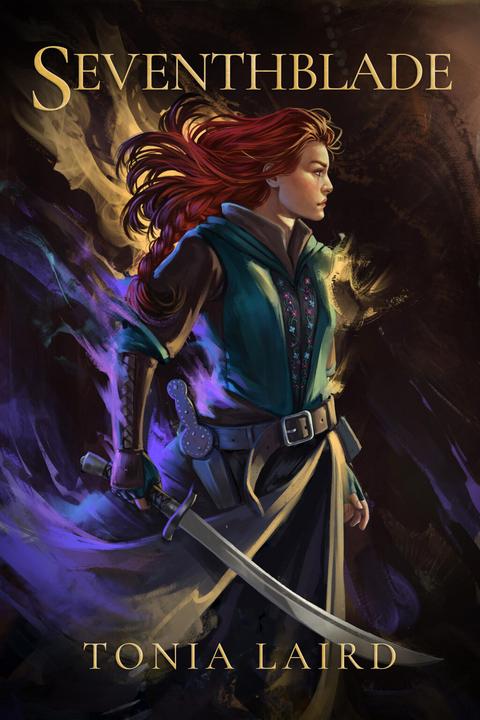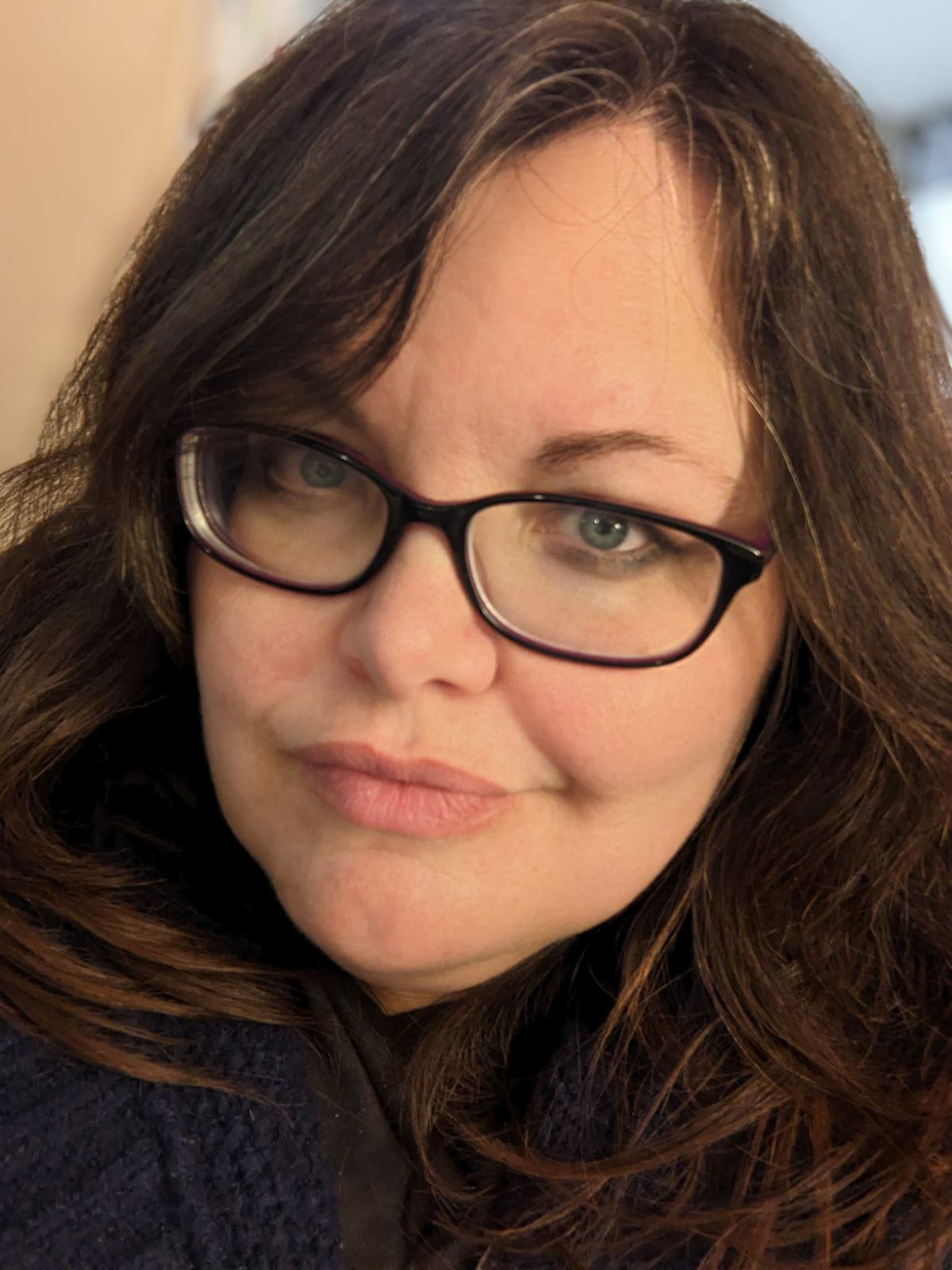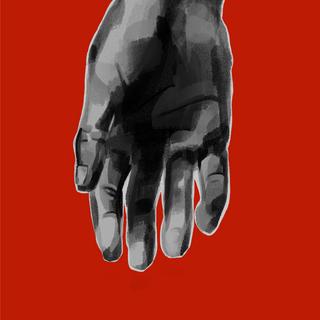Creative Writing grad releases debut novel
From her very first class at VIU, Tonia Laird says she felt like she found her place in the world. Her classmates supported her goal of becoming a speculative fiction writer and she remains friends with many of them.
“I created a vast network of writers, creators and friends in my days at VIU, and it's a network that still stands to this day, 10 years later. There are many people from VIU I still talk to on a weekly basis,” says Laird.
Laird says she is a reconnecting member of the Métis Nation – Saskatchewan and grew up on a farm in central Saskatchewan, Treaty 4 territory. She now lives in Saskatoon, Treaty 6 territory.
“I’m married to an incredibly supportive spouse and we have a teenage son who shares my love for speculative storytelling. Before I applied to the writing program at VIU (then Malaspina University-College), I was a stop-motion animator and was also trained in classical and 3D animation, along with comic book illustration,” she says. “I’ve also worked as a storyboard artist and have illustrated two children’s books. All of these mediums involve storytelling in different ways, and that's what I love.”
Laird graduated from VIU with a Bachelor of Arts, Major in Creative Writing and Journalism in 2015. She is releasing her debut novel Seventhblade on June 27. Laird’s book is described as “a fast-paced, anti-colonial, Indigenous-led, secondary-world fantasy debut from a fresh new Indigenous voice that explores twisted power dynamics and the effects of settler colonialism.” It follows the character of T’Rayles, an infamous warrior and daughter of the Indigenous Ibinna woman.
We caught up with Laird to talk about her new book and time at VIU.

Tell us about your book and what inspired you to write it.
Seventhblade is a fantasy novel written for an adult audience that follows T'Rayles, a “halfsoul” born of an Indigenous Ibinnas woman and an unknown spirit (god). After her son is murdered, she is overcome with grief and anger, vowing to avenge him at any cost. The story explores reconnecting to one's heritage and community, colonial politics, imperialism, manipulation, grief, death and finding a way to live after a great loss. And fighting. A whole lot of fighting.
Can you describe how you approached creating the fantasy elements of your story while integrating anti-colonial and Indigenous perspectives?
I wanted to make sure I gave each country/nation their own folklore and theology. T'Rayles is considered half human and half spirit by her mother's people, but the empire colonizing her country would say she is half god. The country her adopted son was from would call her half demon. And each land has its own way of interacting with these incredibly powerful beings.
The perspective of the other protagonist, Elraiche, who is a foreign god from a land colonized by a different empire, is used to critically explore the differences, but from the bias of the point of view of a person (god), who used to be part of a pantheon that had absolute power in his homeland before it was colonized. Using an immortal with a much wider experience and perspective allowed me to explore the long-term effects of generational trauma on people who have had their cultures taken from them by force and coercion.
Which aspects of the book were the most personal or cathartic for you to write and why?
I think it's the protagonist's grief that is the most personal for me. I started writing this story after losing a friend to an illness when I was 23, and I was so angry at a death that felt so senseless. The story has changed in so many ways since then, and in that time, I've learned that while grief can absolutely be debilitating, it can also push you to explore different aspects of your life and reconnect and channel it into acts of good, either for yourself or other people.
The protagonist in this story falls first to promising vengeance, but she also uses the memories of the son as a motivation to do what's right, believing that he'd want her to focus on that over revenge. It helped me work through some of my own grief, honestly, and let me move on from a place of anger and to a place of hope, especially when it comes to reconnecting with a heritage that was taken from me by forced assimilation.
Tell us a bit about your experience at VIU and in your program.
From my first class, which was a night class called Intro to Script Writing with Frank Moher, I felt like I suddenly found my place in the world. The majority of the students and staff were exceptionally supportive of my desire to become a speculative fiction writer.
The workshops were run very well and there was a lot of mutual respect between peers and instructors when it came to critique. These workshops also taught me a lot about how to take feedback without taking it personally, which is a hard thing to do when you're creating something that represents your viewpoints and your abilities.
Can you share an experience where one of your profs made an impact on your learning experience?
Frank Moher was the chair of the writing department at that time, and we met to talk about one of my scripts. I remember him telling me how he could see working as a stage play, which was a pretty big deal for me as I'd never written a script before. It was that encouragement that helped me realize that I love writing dialogue and writing for a visual medium.
I took multiple classes from Frank and developed my skills well enough to get a writing internship through VIU with BioWare, a video game company out of Edmonton, which eventually turned into a career for me. That career taught me so much about storytelling and how, no matter the medium, it's the characters and their experiences in the story that players, watchers and readers connect to, and that their reactions and motivations are just as important as any plot.





